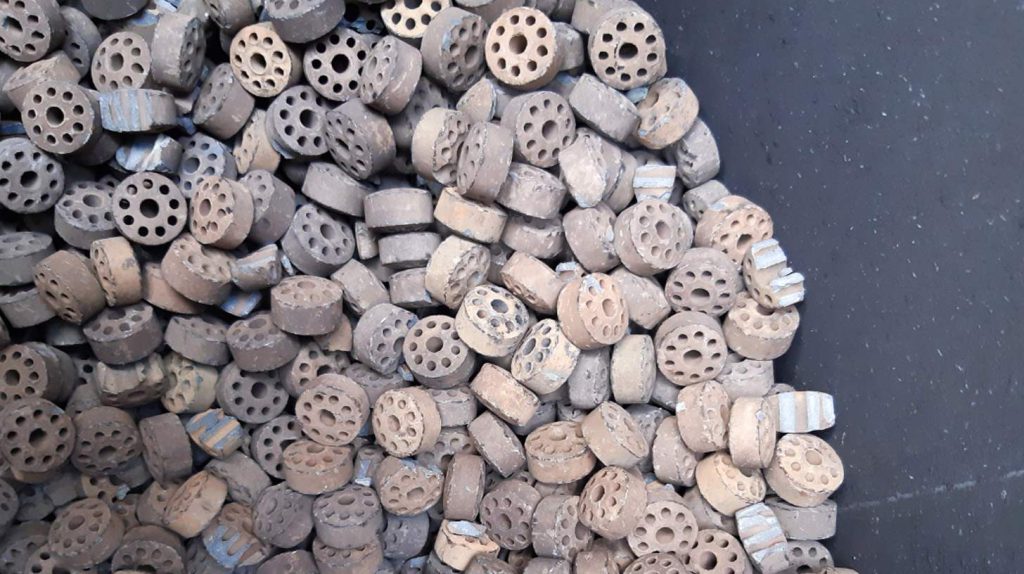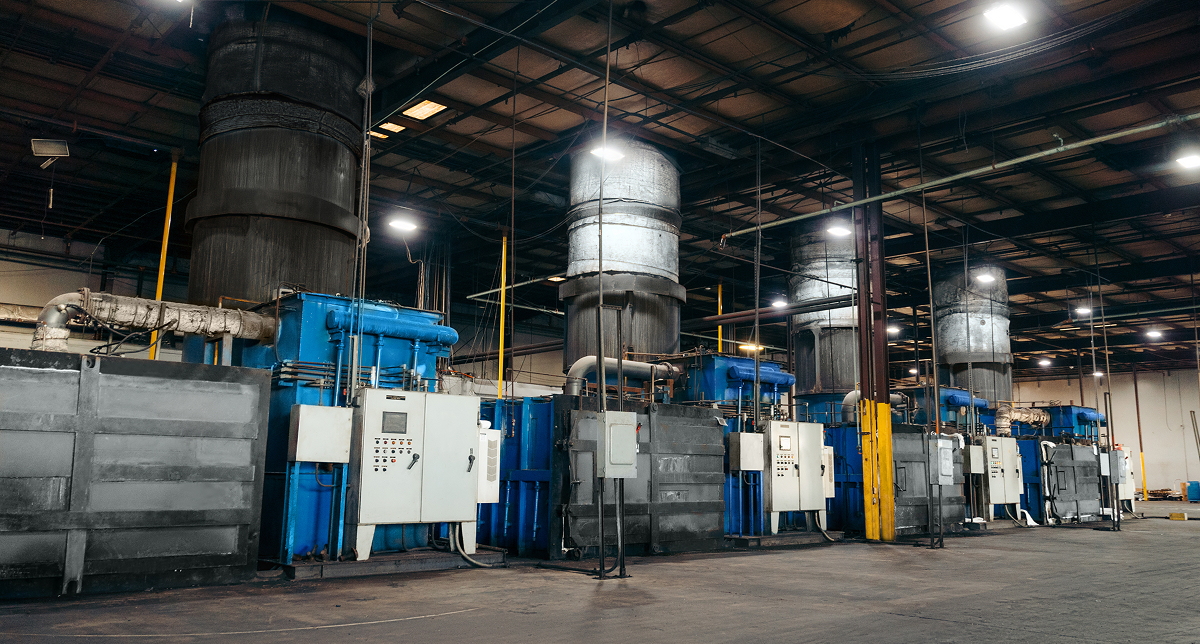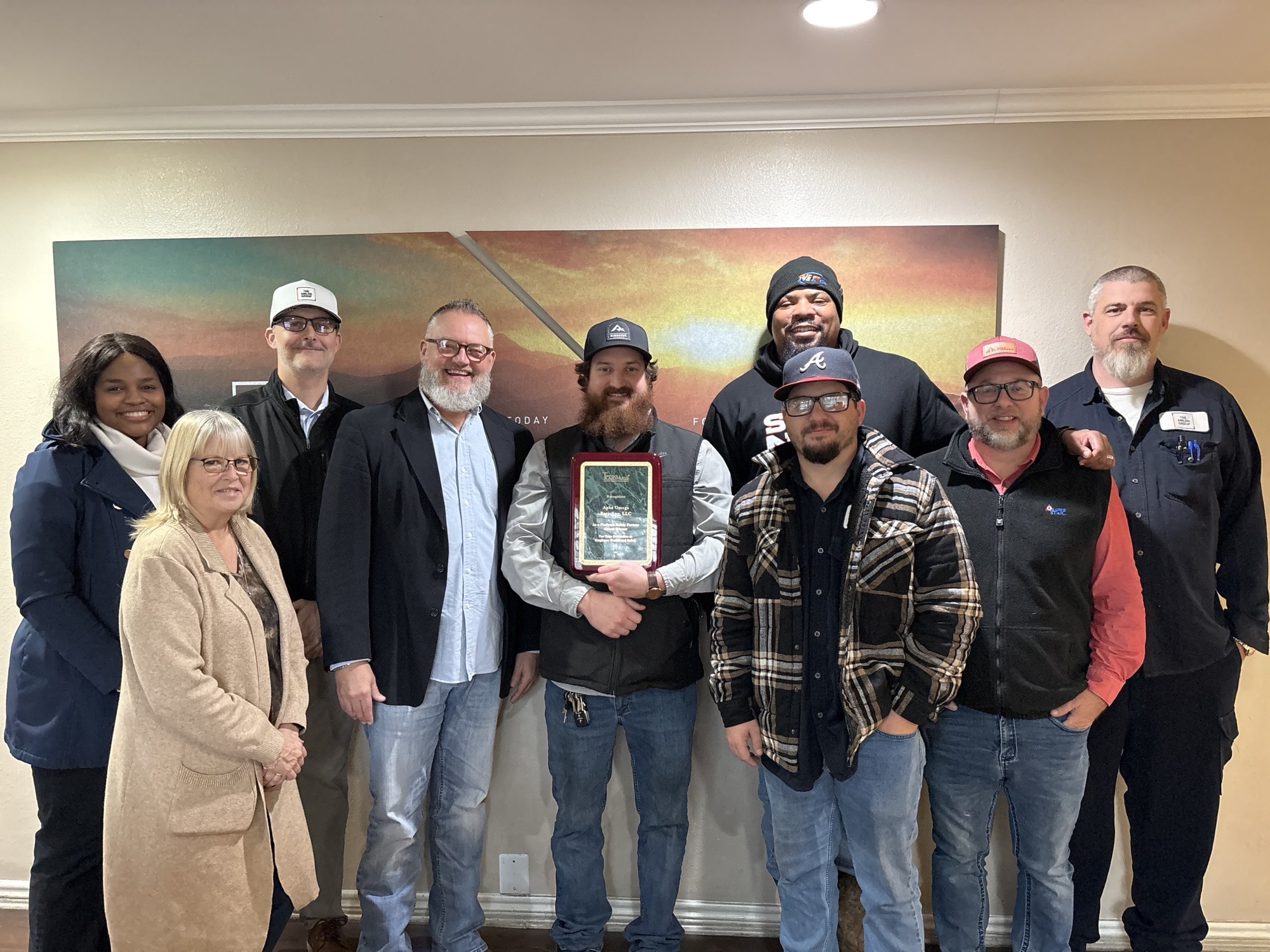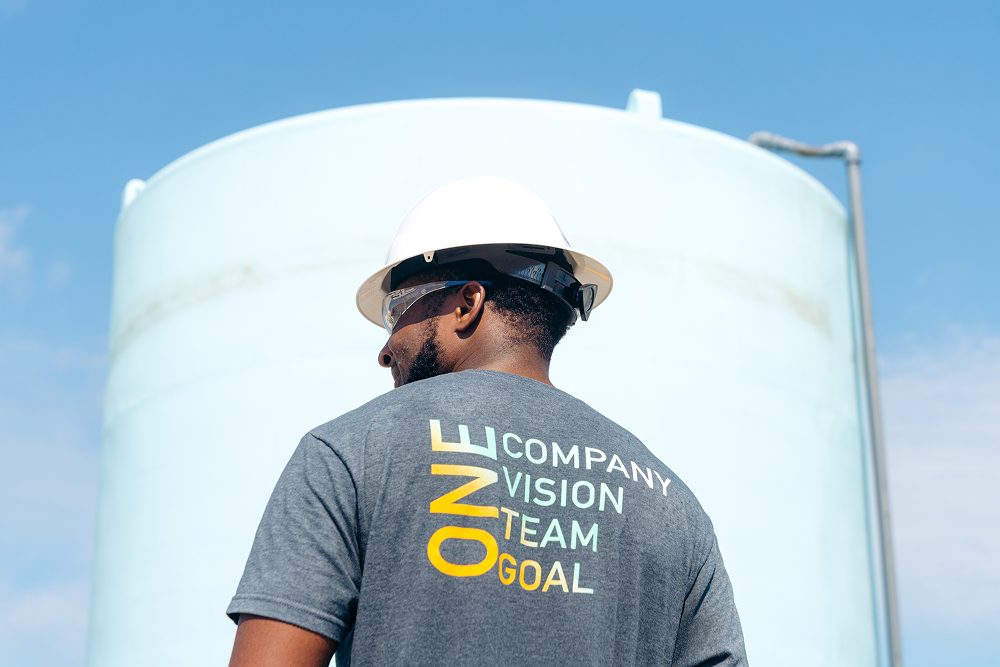Each year millions of tons of industrial and petrochemical material are generated from the production of fuels, lubricants, and household items we use every day. Thermal desorption is often used in a variety of industries and applications in order to maximize resource recovery and remediation of hydrocarbons from the feedstock (spent catalyst recycling).
Can Thermal Desorption Recycle Catalysts and Reclaim Metals?
Yes! Thermal desorption is a great way to recycle catalysts and reclaim metals. By using heat to remove the contaminants, the catalysts and metals are left intact and can be reused.
spent catalyst recycling
What is Thermal Desorption anyway?
Thermal desorption is a reclamation process designed to separate hydrocarbons from various types of materials. This process uses heat to reclaim oil and other materials employing a non-contact and non-incineration technology.
Thermal desorption is commonly used to process organic materials such as oil-bearing material from refineries.
How does the process work?
By applying heat to contaminated material, the contaminated material (with low boiling points) are forced to turn into a vapor – vapor that can also be collected and treated in an off-gas treatment unit. Removing the wastes allows for contaminated material to be repurposed without any issues of contamination.
Repurposing contaminated material is a great plus, considering landfill space can usually be preserved and the material can simply be replaced instead of being transported offsite.
Why use Thermal Desorption to recycle catalysts?
Thermal desorption can be customized to adapt and meet the throughput and devolatilization temperatures required.
Commonly processed petrochemical material streams include tank bottoms and spent catalyst. Typical material streams such as tank bottoms, and spent catalysts, contain substantial amounts of recyclable hydrocarbons. Many feedstocks, such as spent catalyst, contain metals that can be recycled.
Processing spent catalyst in a thermal desorption unit separates and reclaims the hydrocarbons, reducing the waste for disposal and prepares the solid materials for recovery of the metals.
Thermal desorption technology is a clean, safe, reliable, and efficient solution for managing wastes. Through this process, waste streams are remediated, delisted, and commercially valuable materials recycled – all through a single all-in-one system. This process maximizes the recovery of hydrocarbons and valuable metals from the feedstock while drastically reducing and eliminating the amount of waste requiring landfill disposal.
The Amlon Group’s Solutions
The Amlon Group recovers oil and oil bearing materials that were historically disposed of, and turns them into renewable energy. In order to provide the most sustainable and comprehensive treatment of oil bearing materials, The Amlon Group employs a proprietary approach to treat all areas of your materials:
Solids
The Amlon Group’s process allows us to recycle reusable solids with zero incineration.
Water
We safely manage all water utilized or separated in our process.
Oils and catalysts
Our technology separates and dewaters the oil within the materials, allowing us to reclaim oil and catalyst more efficiently and effectively than any other methodology.
Treating liquids, solids, catalysts and sludge
We accept any of the following products:
- Clarified slurry oil (CSO)
- Crude bottoms
- DAF
- Slop oil
- Bundle Sludge
- API separator
- OBHSM
- Hydrotreating catalyst
- Other oil bearing materials
Complete transparency and peace of mind
The Amlon Group provides a full documentation trail for your materials with complete transparency from the time your materials arrive at our facility, until the moment the material is recycled and shipped for reuse.
High-capacity facility
The The Amlon Group facility is structured to efficiently meet the high volume needs of our refinery customers with:
- Highest throughput capacity in the gulf
- 36,000 sq. ft. material handling building
- 3,000 barrel liquid storage capacity
- Robust solids storage capacity
What sets us apart?
Verified Recyclers Exclusion (VRE)
The Amlon Group is a VRF operating under a Variance from the definition of a solid waste.
The Amlon Group is a VRF operating under a Variance that operates pursuant to a variance that allows it to process certain materials that are excluded from the definition of a solid waste.
- Streams ship on BOL as product for recycling and recovery.
- Accepting oil bearing material from Refineries and related industry (no chemical plants).
The VRE includes 4 factors
- Hazardous secondary material must provide a useful contribution to the recycling process or to a product or intermediate.
- Recycling must produce a valuable product or intermediate.
- Hazardous secondary material must be managed as valuable commodities.
- The product of recycling must be comparable to a legitimate product or intermediate.
References
Thermal Desorption
https://www.geoengineer.org/education/web-class-projects/cee-549-geoenvironmental-engineering-winter-2013/assignments/thermal-desorption
Thermal Desorption Units – https://bcrinc.com/thermal-desorption-unit-tdu/



